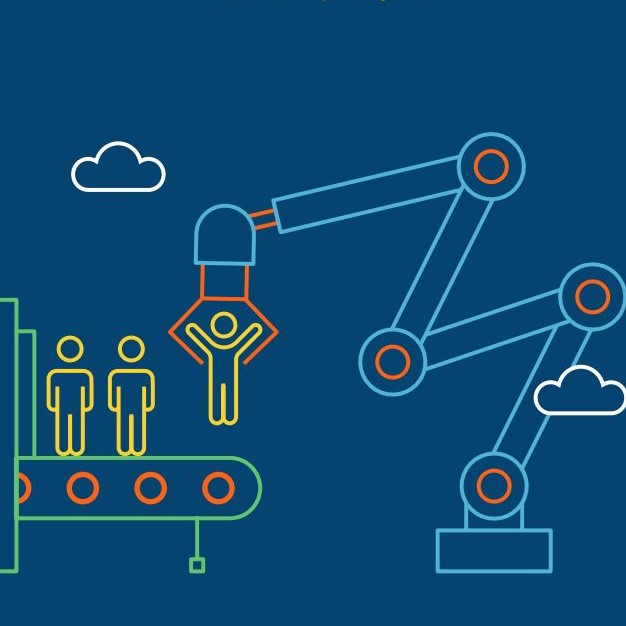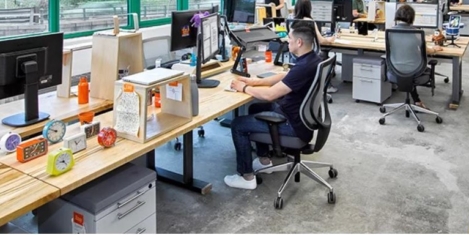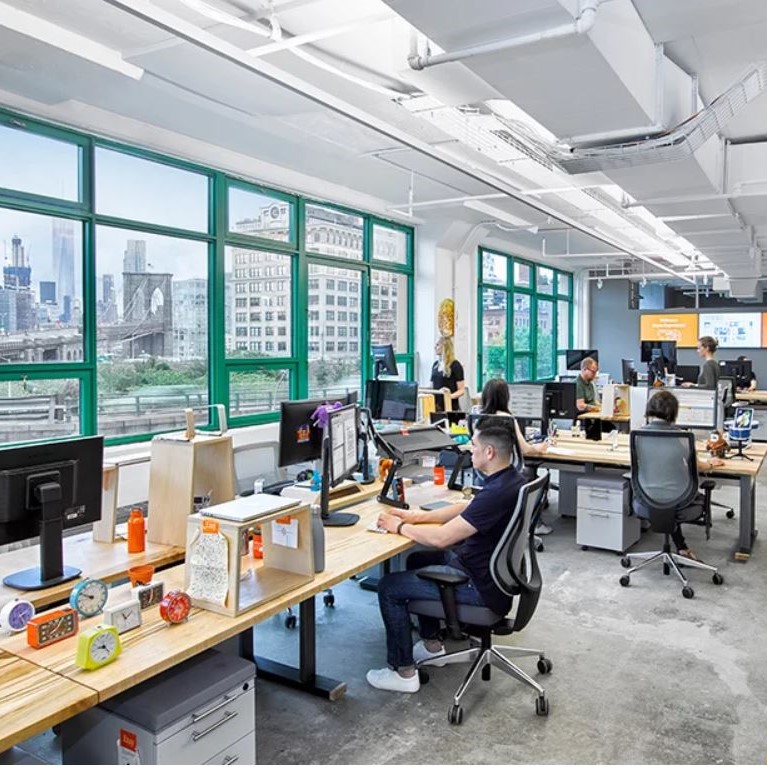November 6, 2019
People game hiring processes they know are carried out by an AI
 New research into job-seeker attitudes to digitisation, automation and AI in the recruitment process claims to reveal how job-seekers are cheating recruitment technology platforms, to better their chances of landing a job. Seven in ten (67 percent) job seekers admitted to deliberately using optimisation strategies to improve their chances of getting a job. The study, Hiring Humans vs. Recruitment Robots, from recruitment software provider TribePad canvassed the views of over 1,000 employees and job seekers in the UK. The report’s key claim is that, as technology continues to permeate the recruitment and HR industry, job-seekers are looking for ways to game the systems. (more…)
New research into job-seeker attitudes to digitisation, automation and AI in the recruitment process claims to reveal how job-seekers are cheating recruitment technology platforms, to better their chances of landing a job. Seven in ten (67 percent) job seekers admitted to deliberately using optimisation strategies to improve their chances of getting a job. The study, Hiring Humans vs. Recruitment Robots, from recruitment software provider TribePad canvassed the views of over 1,000 employees and job seekers in the UK. The report’s key claim is that, as technology continues to permeate the recruitment and HR industry, job-seekers are looking for ways to game the systems. (more…)


































